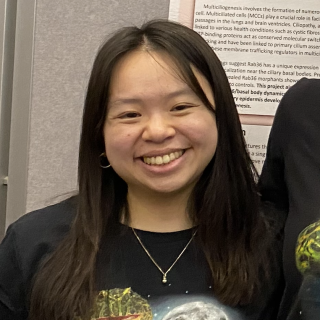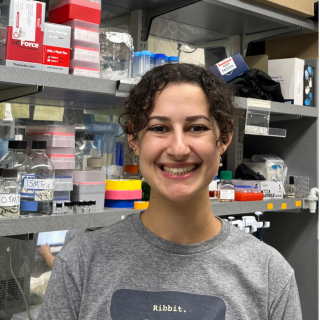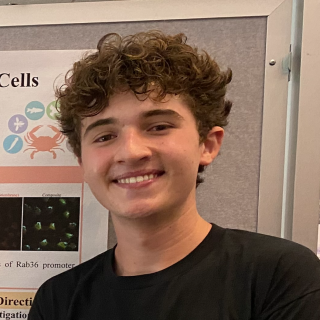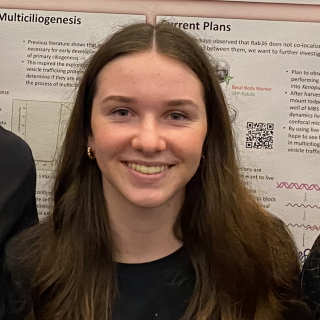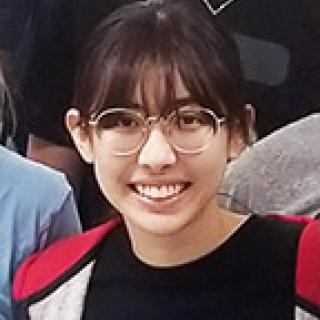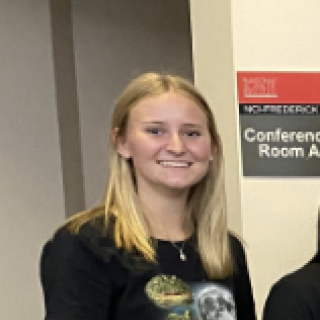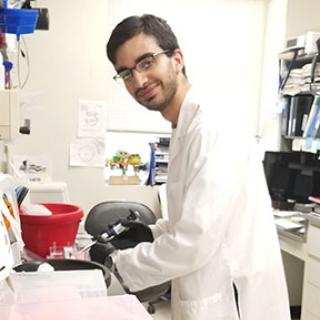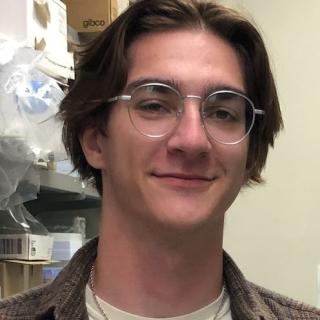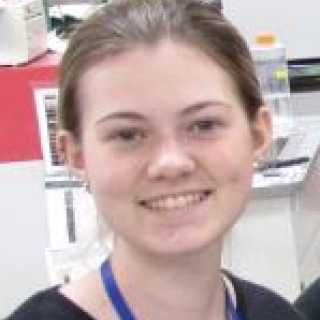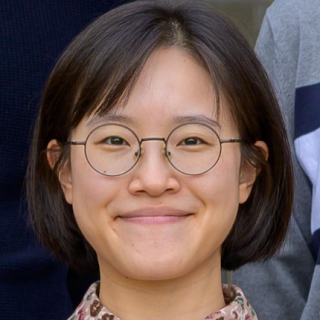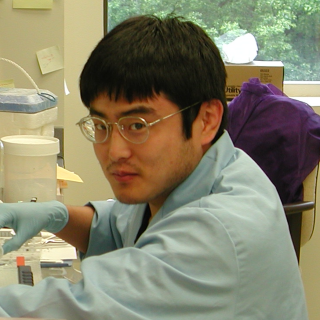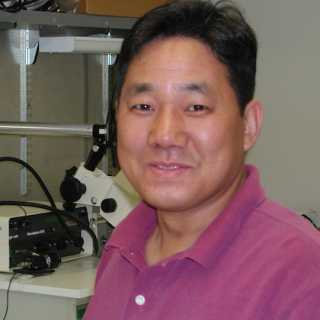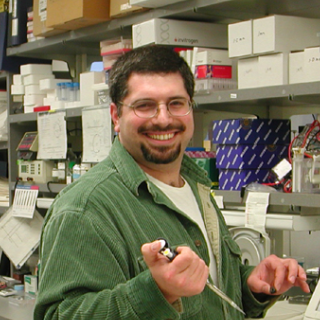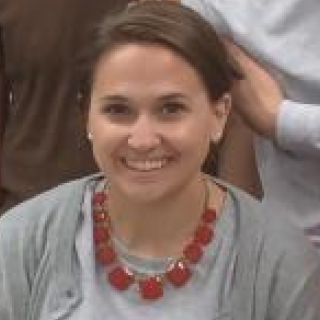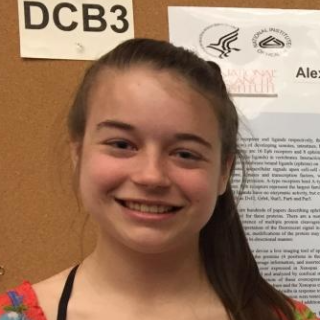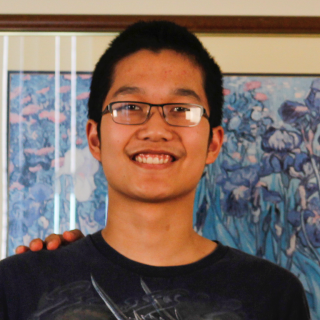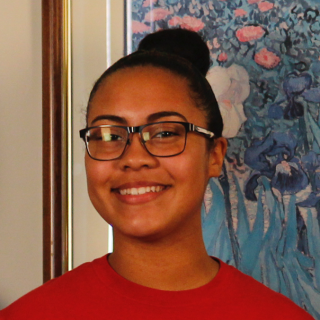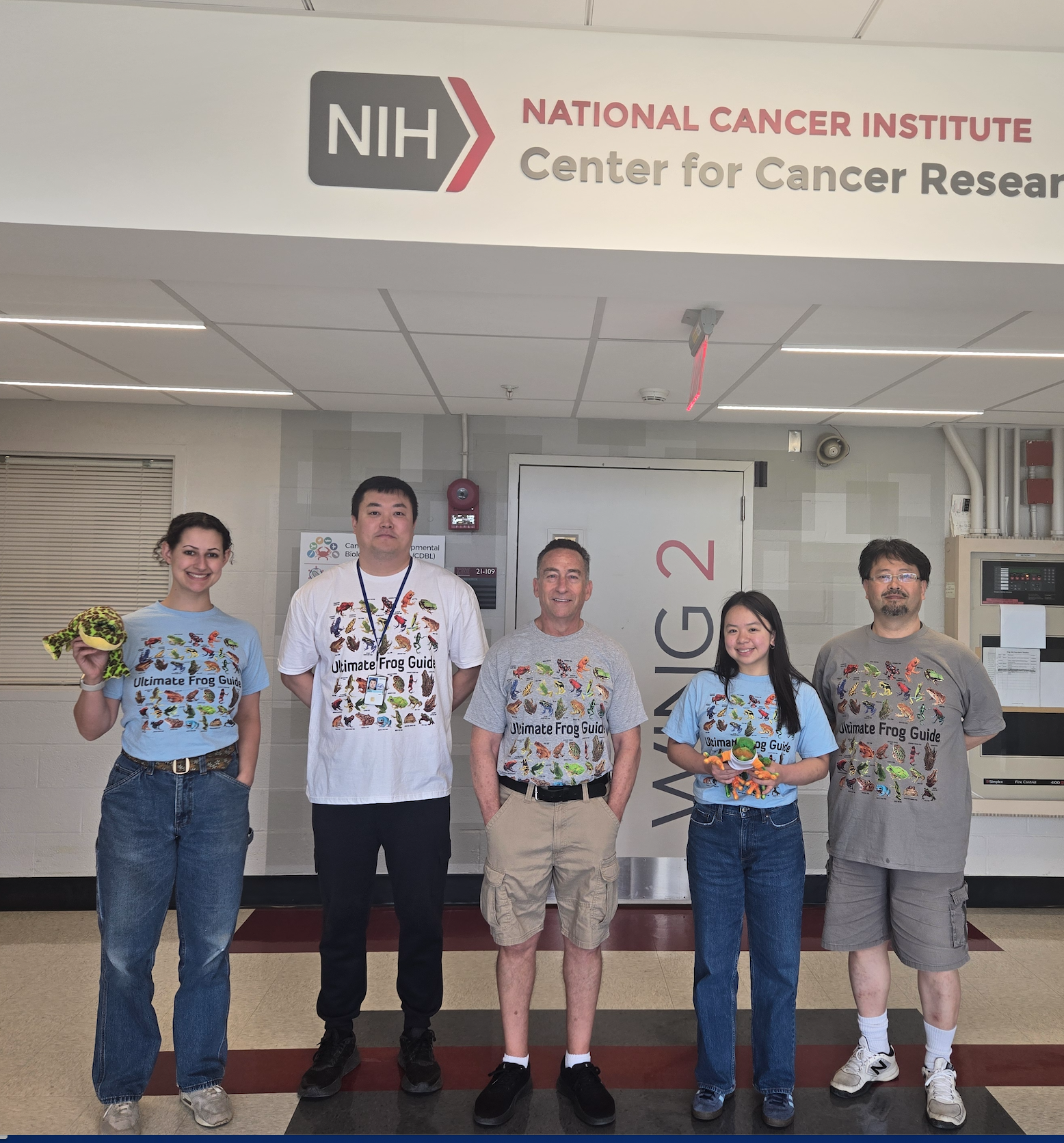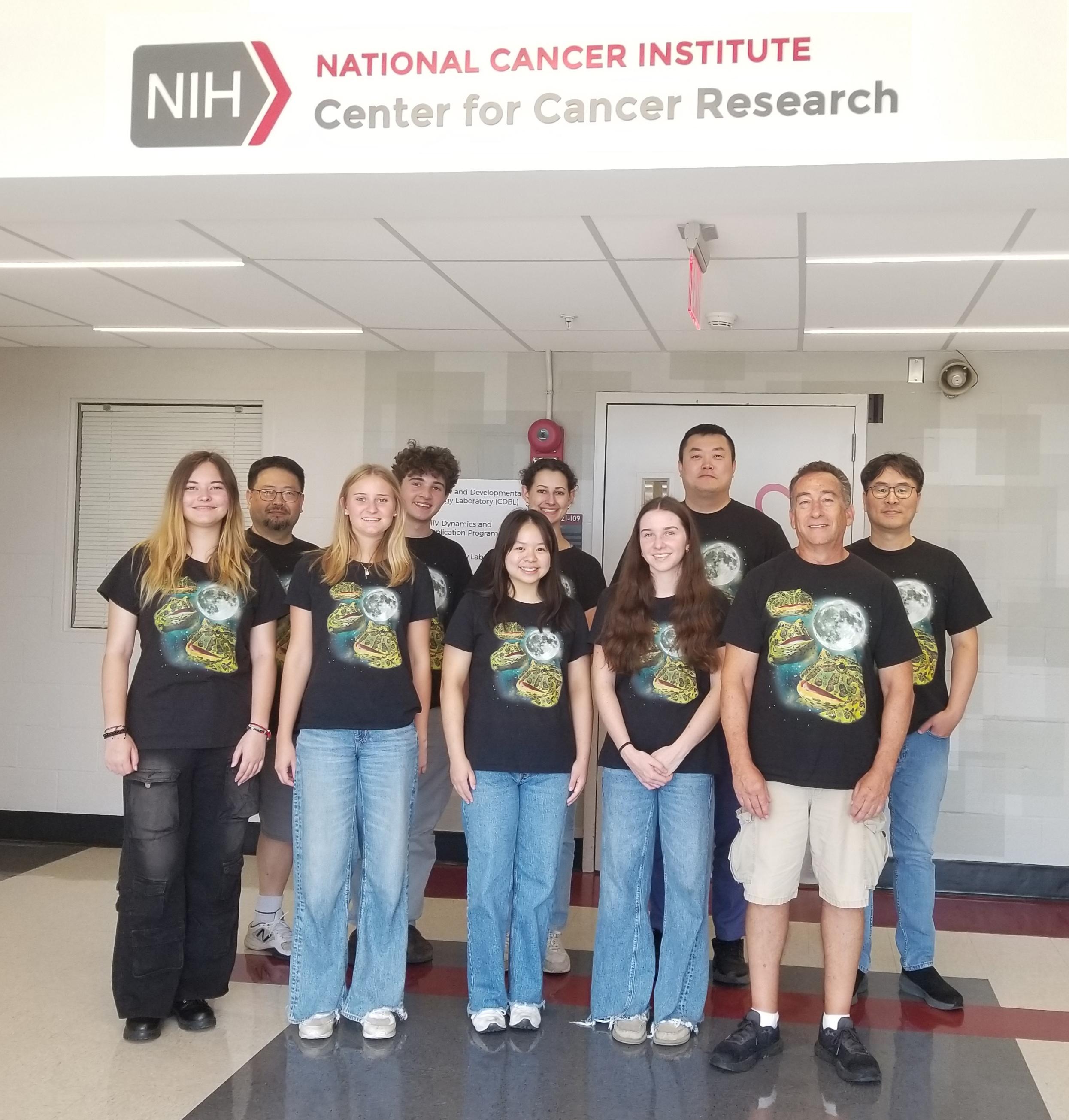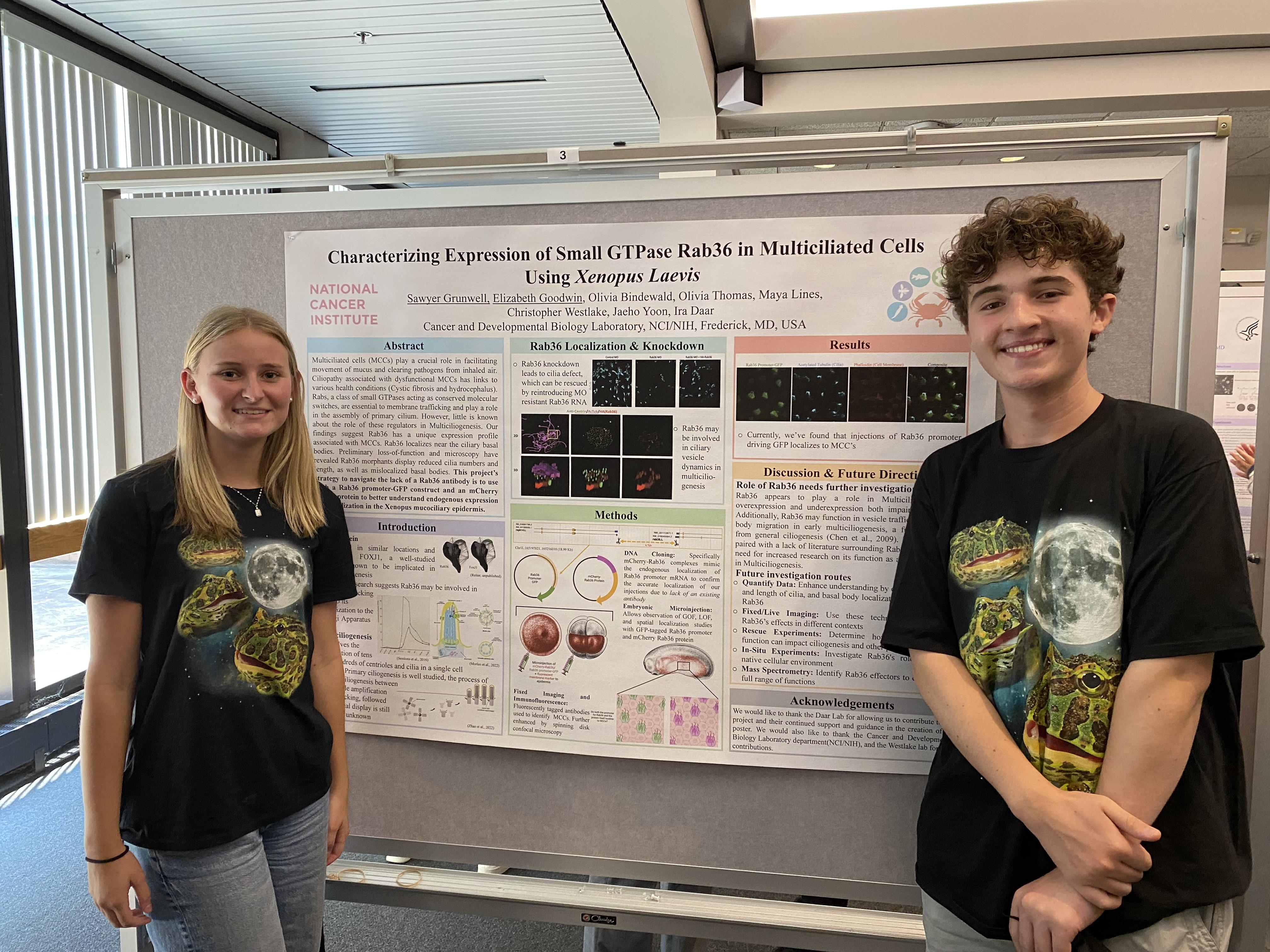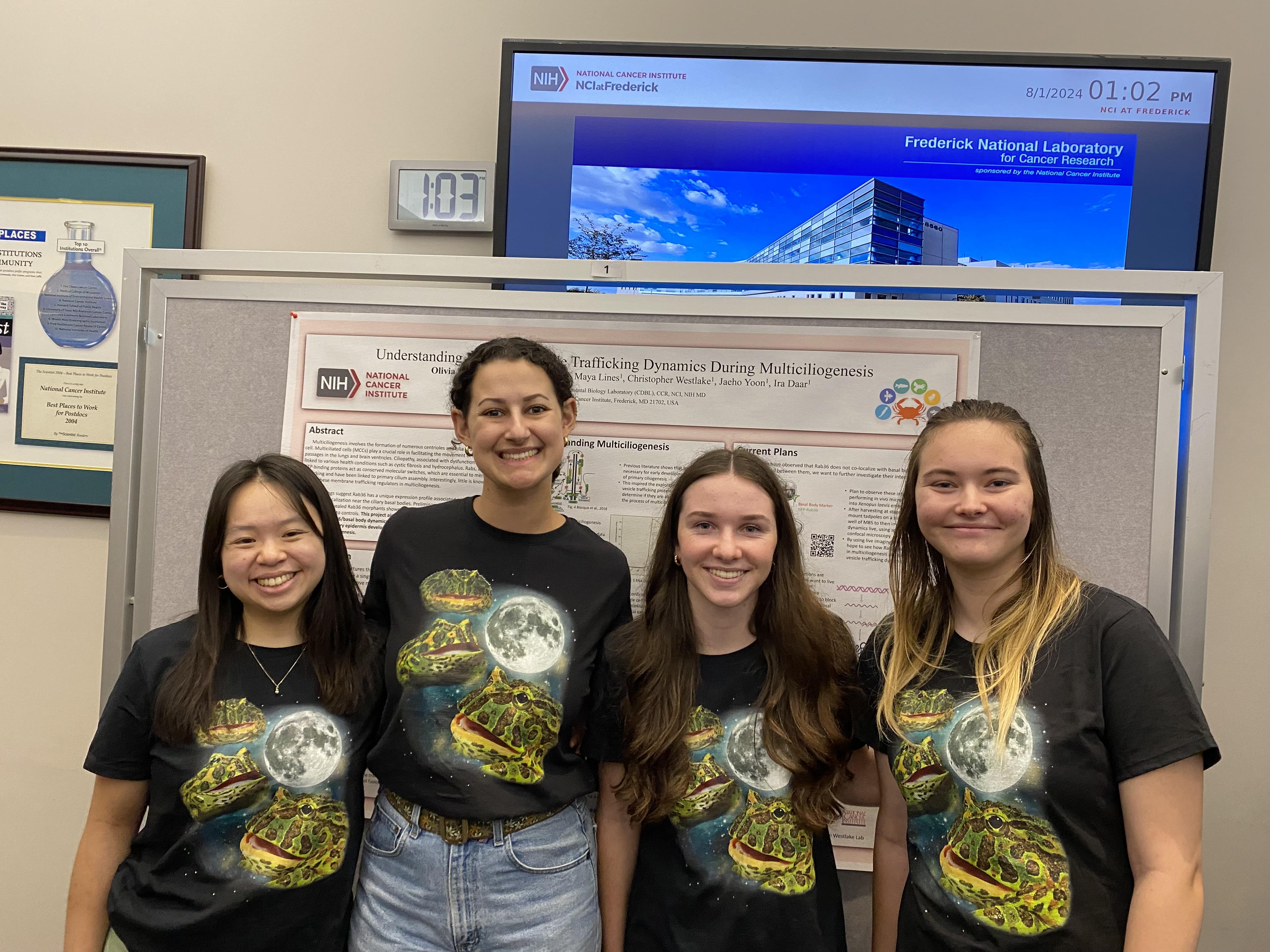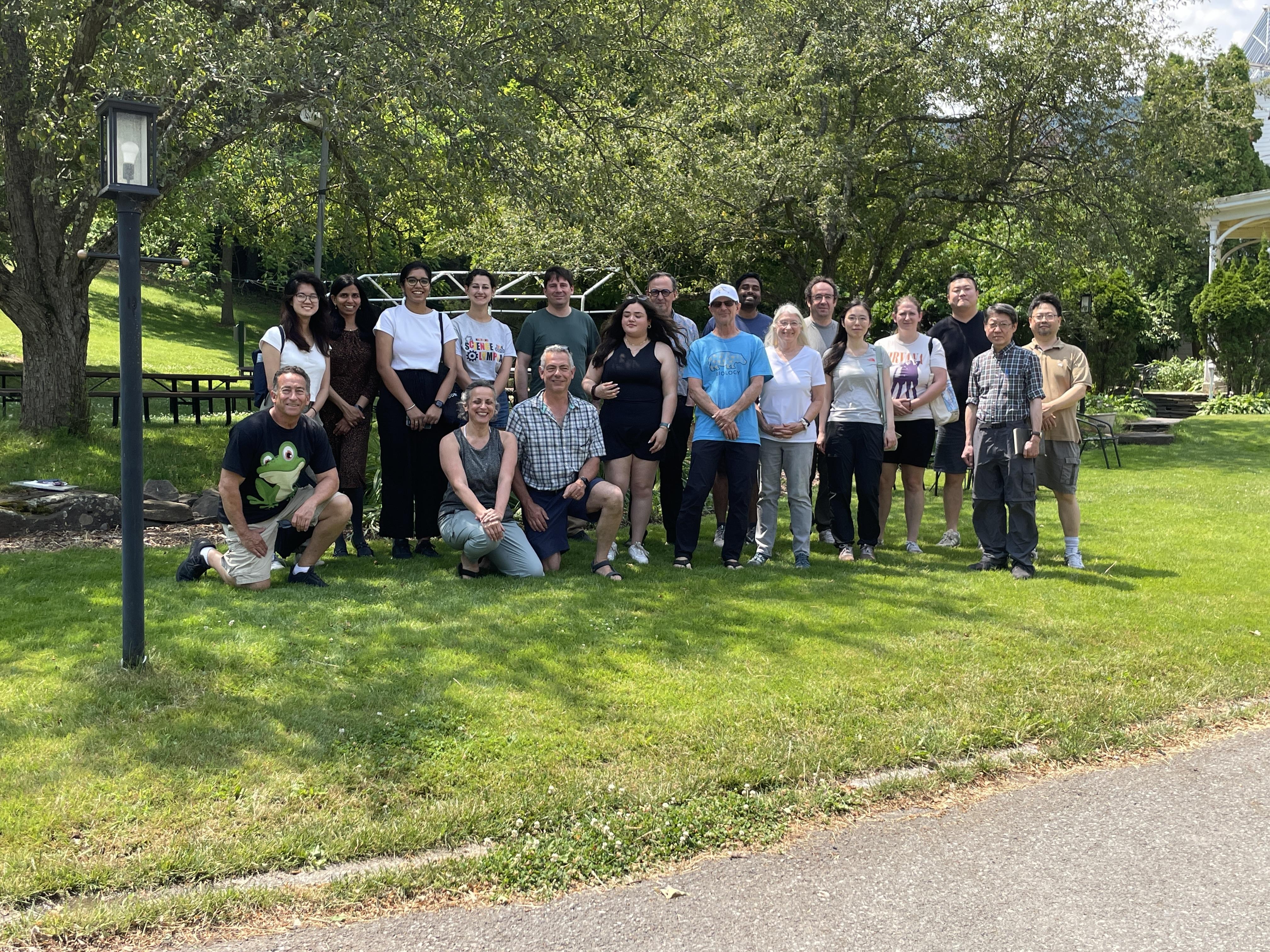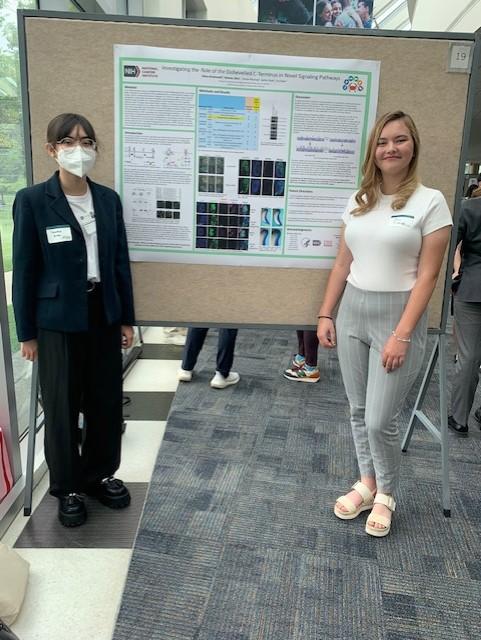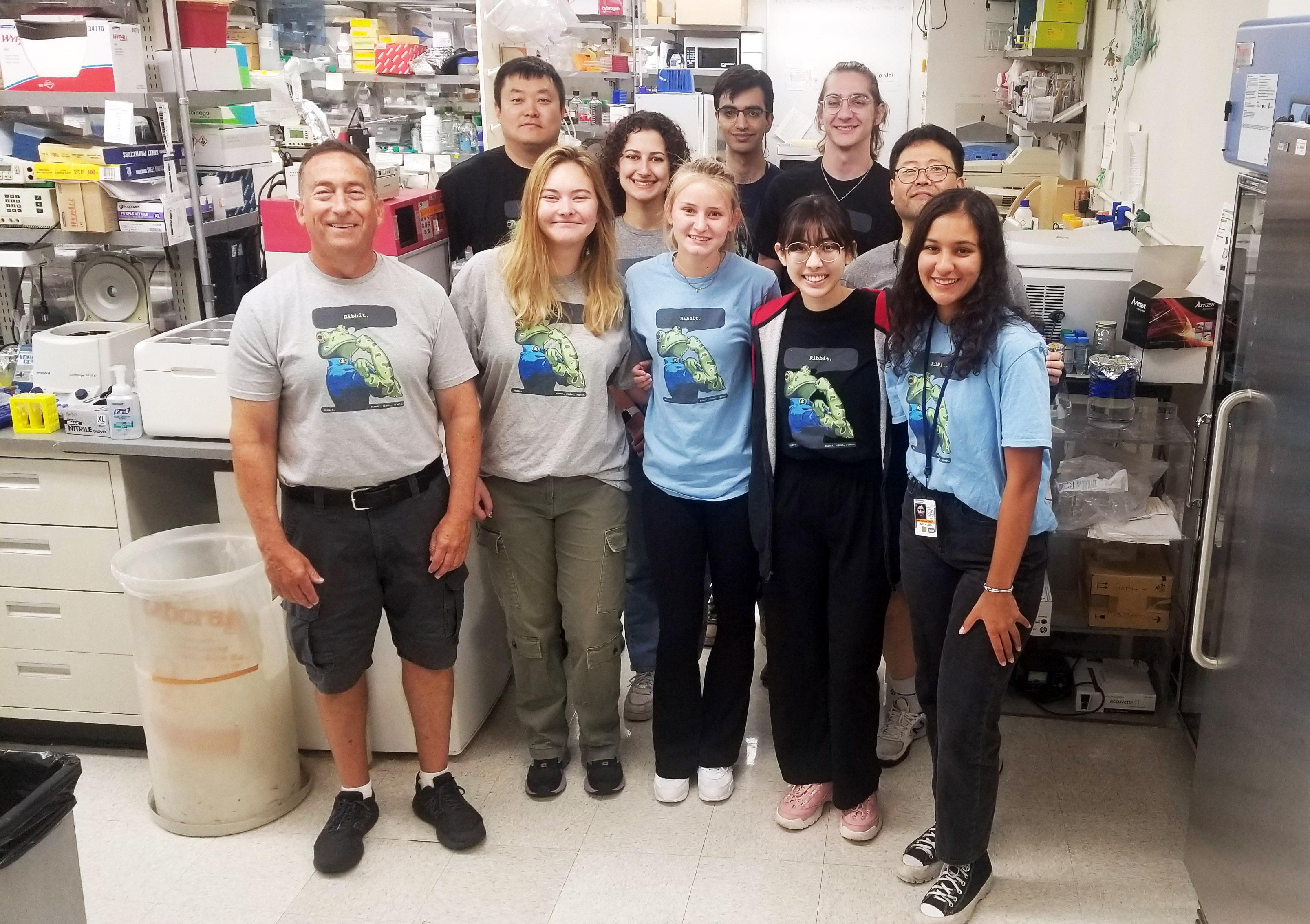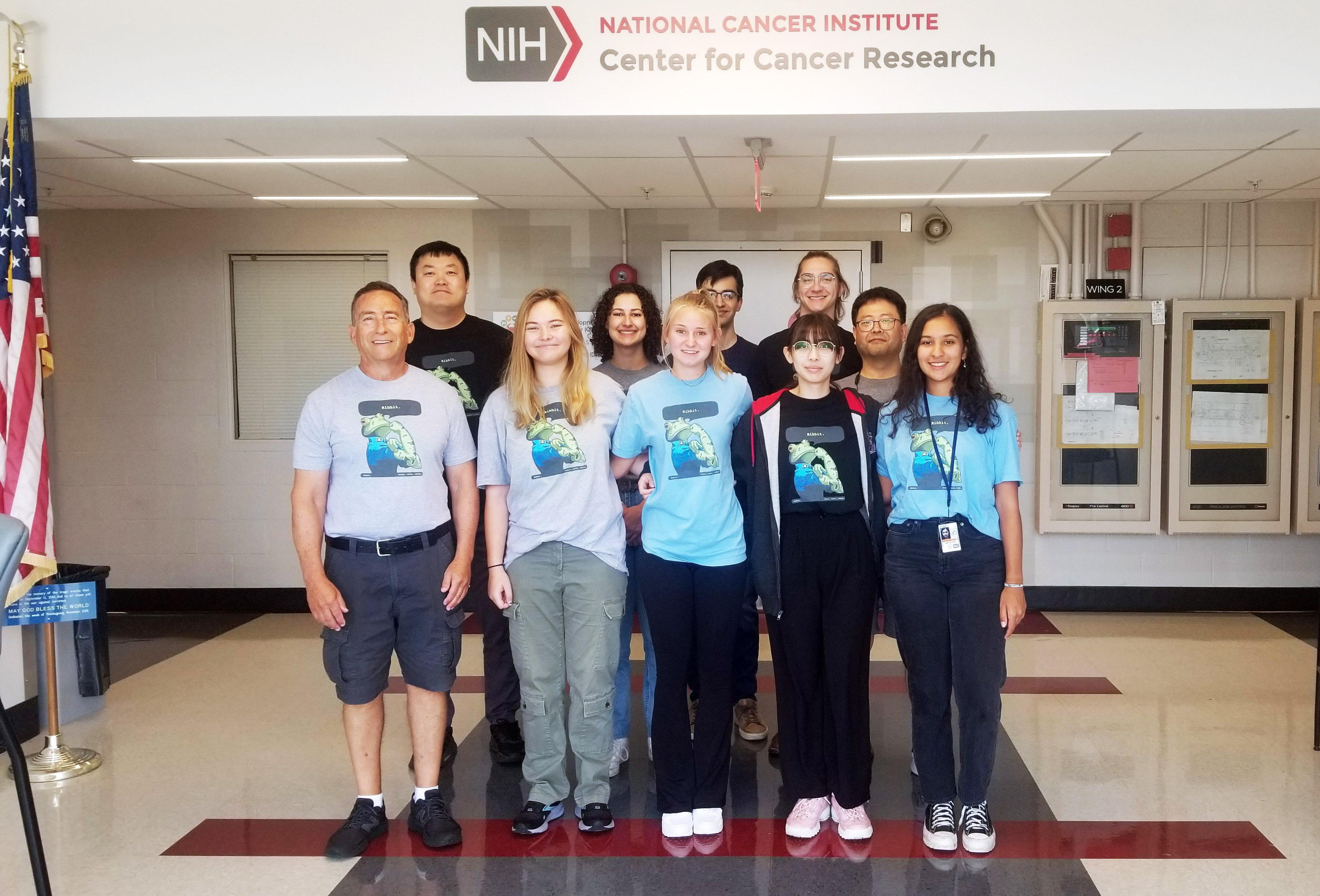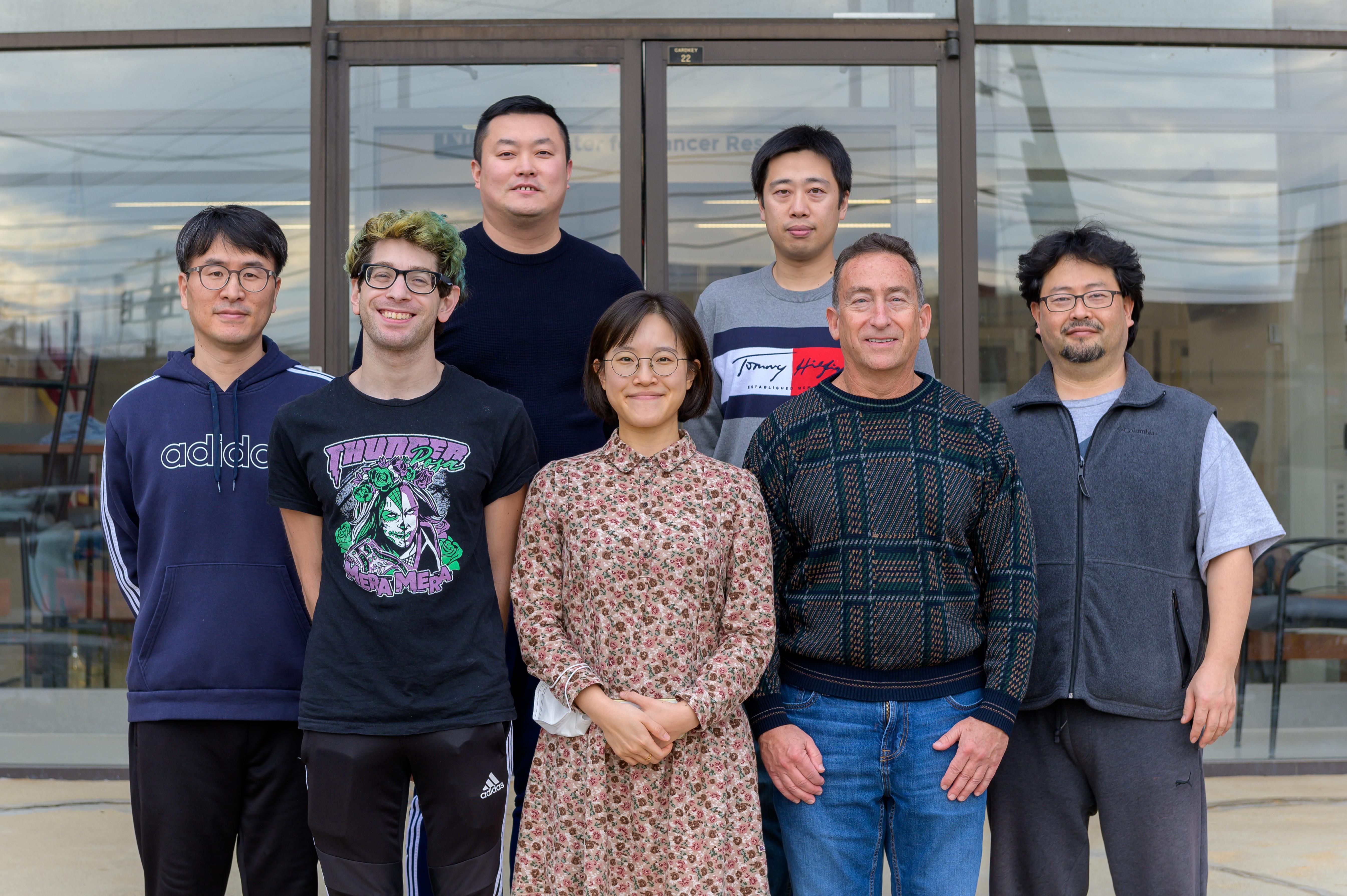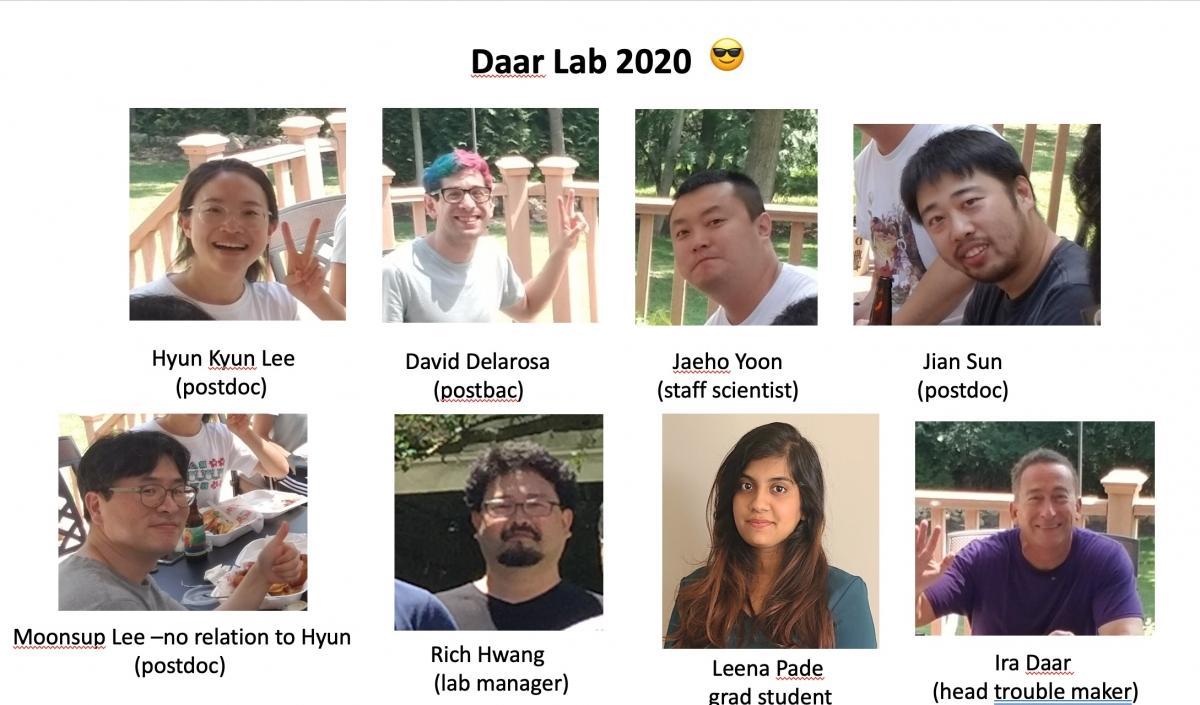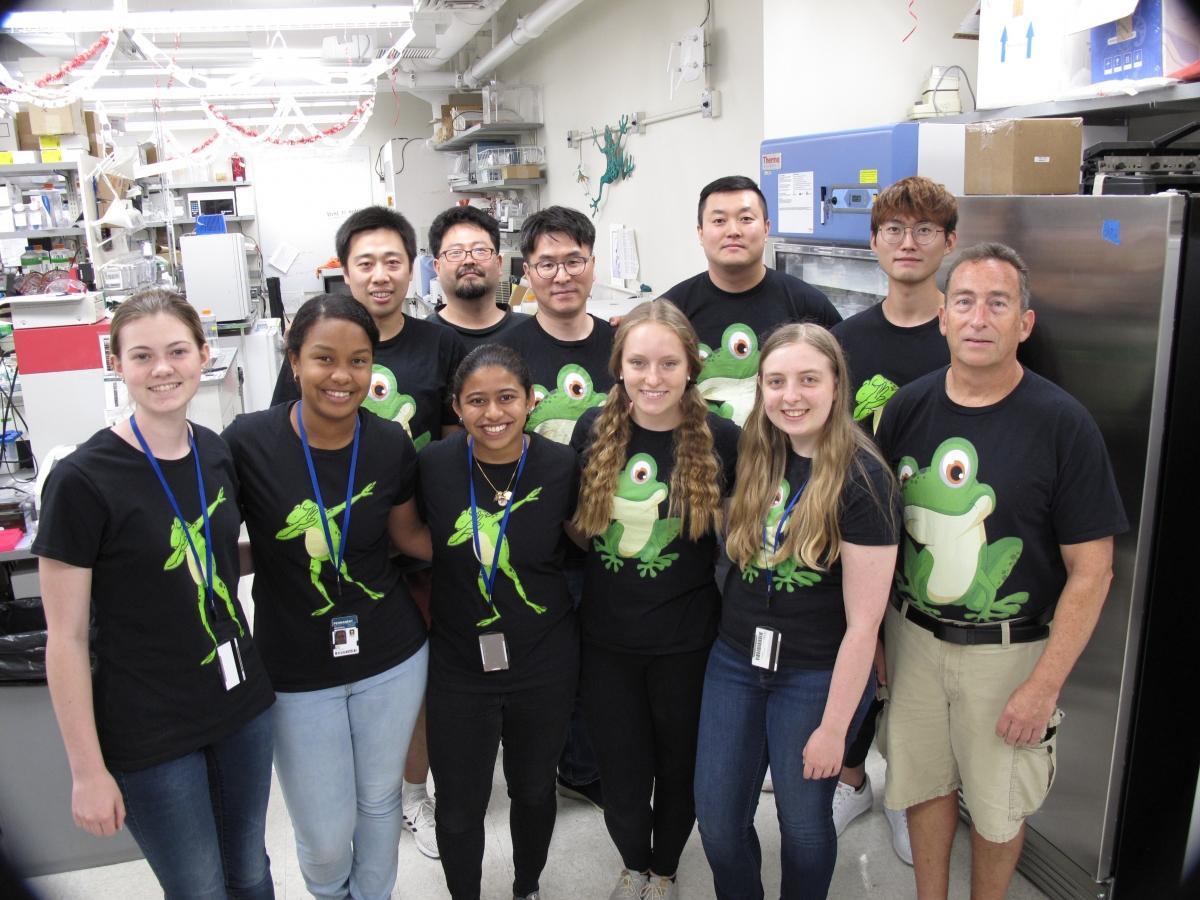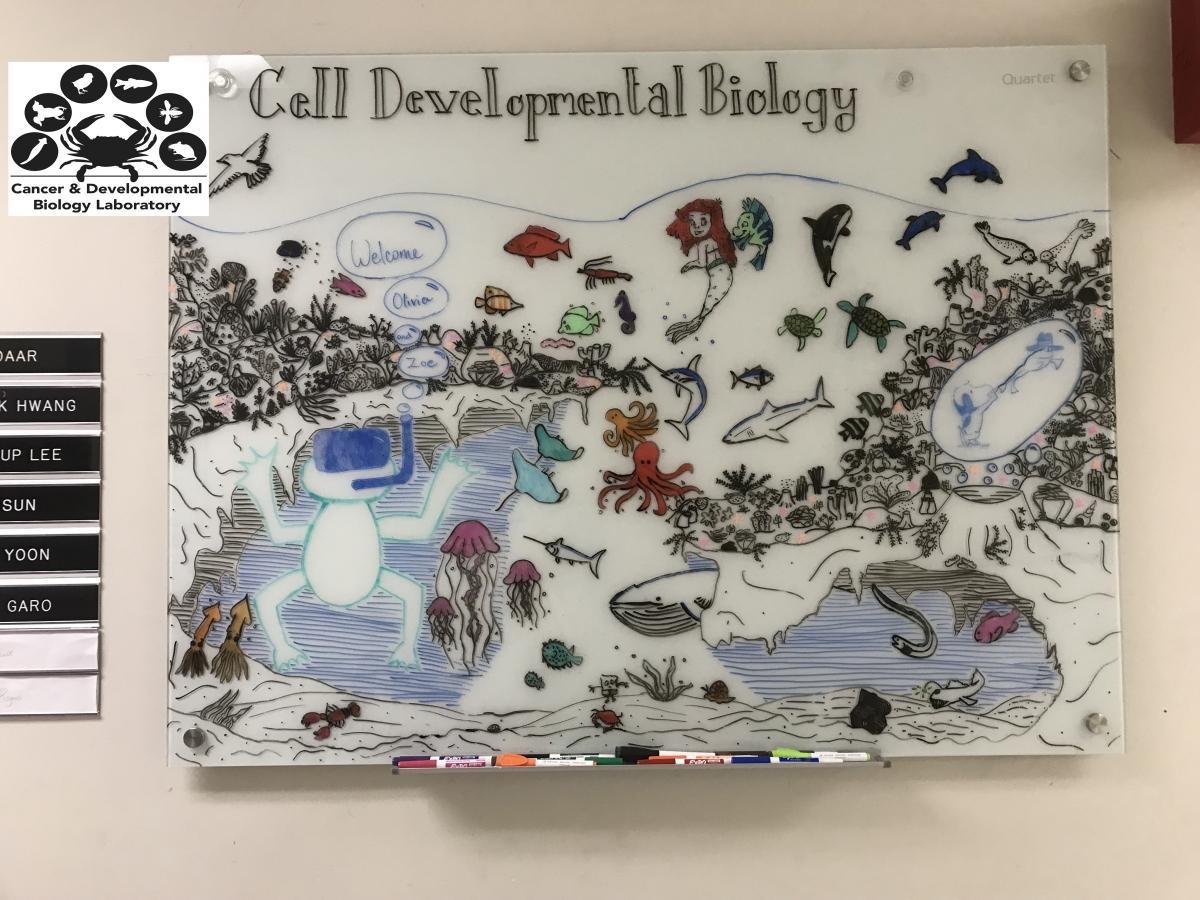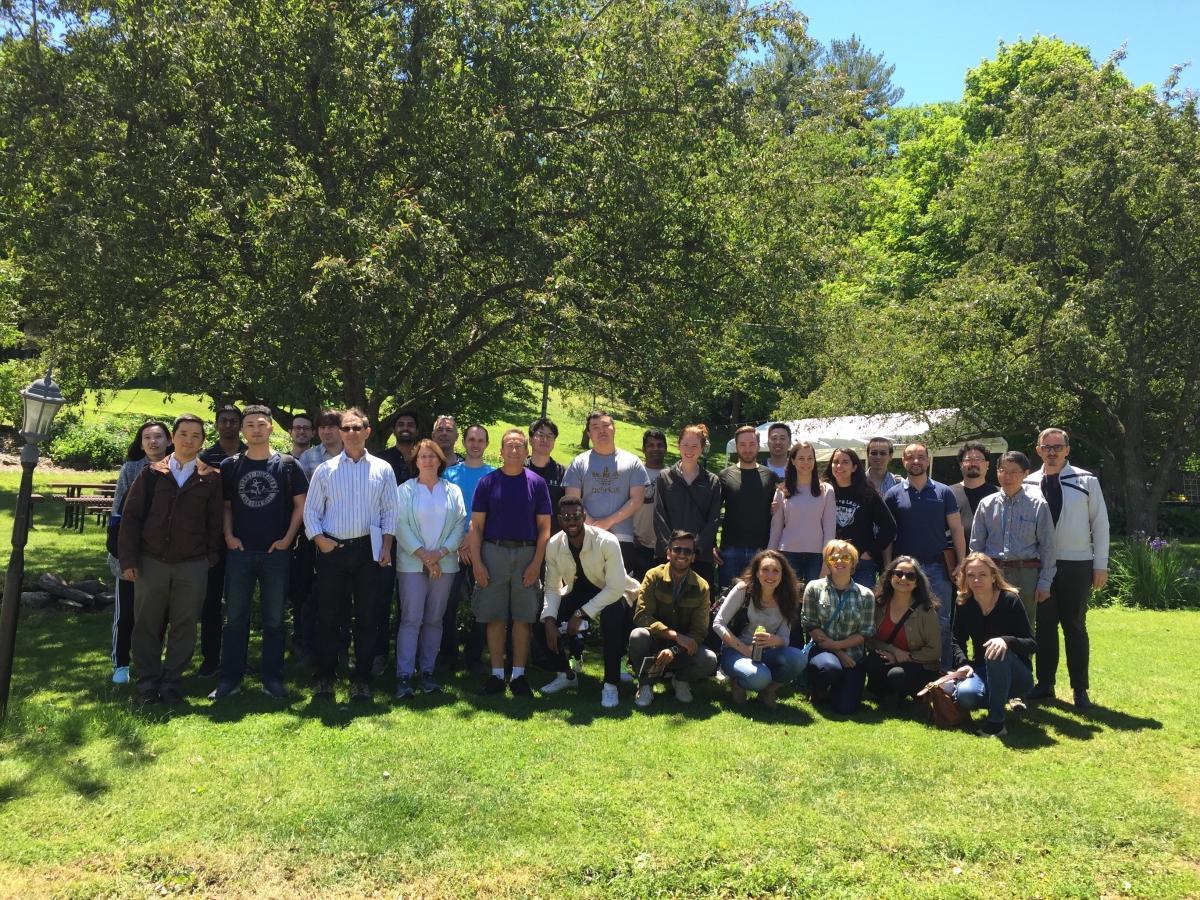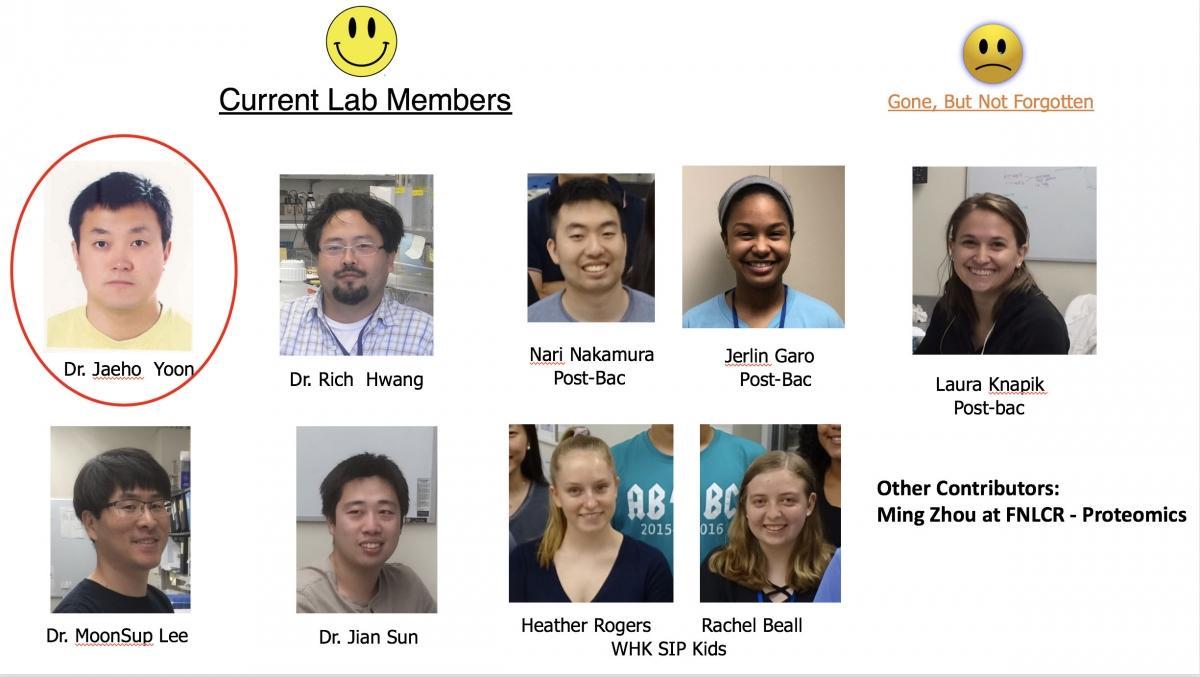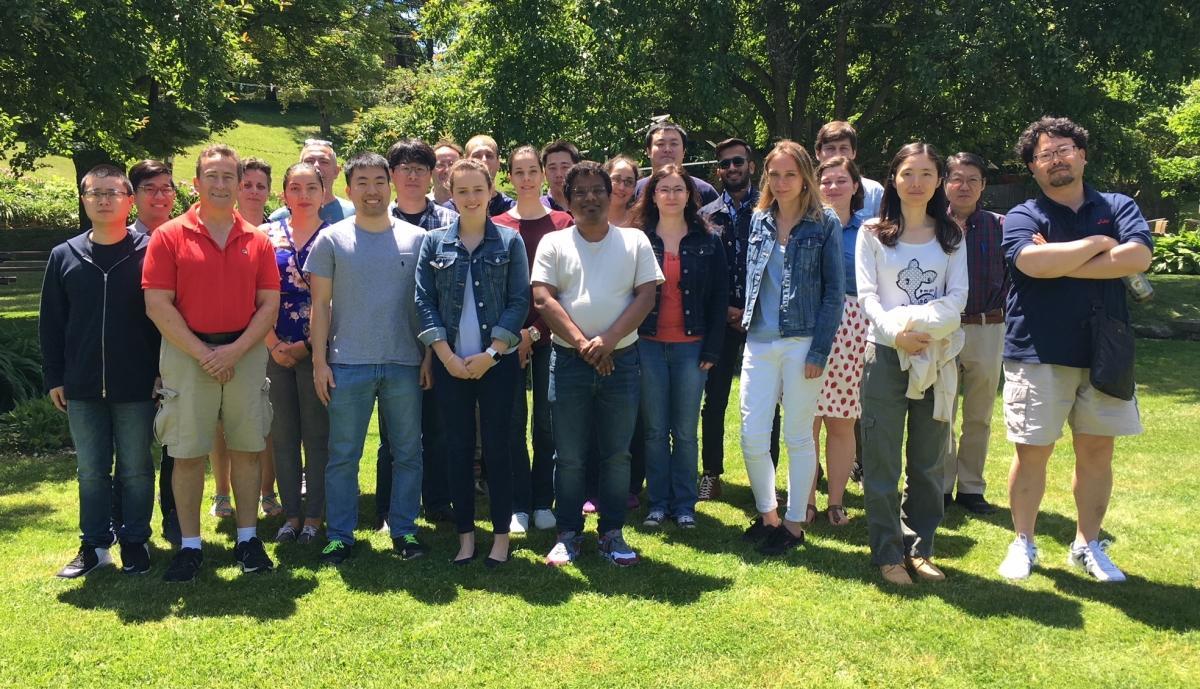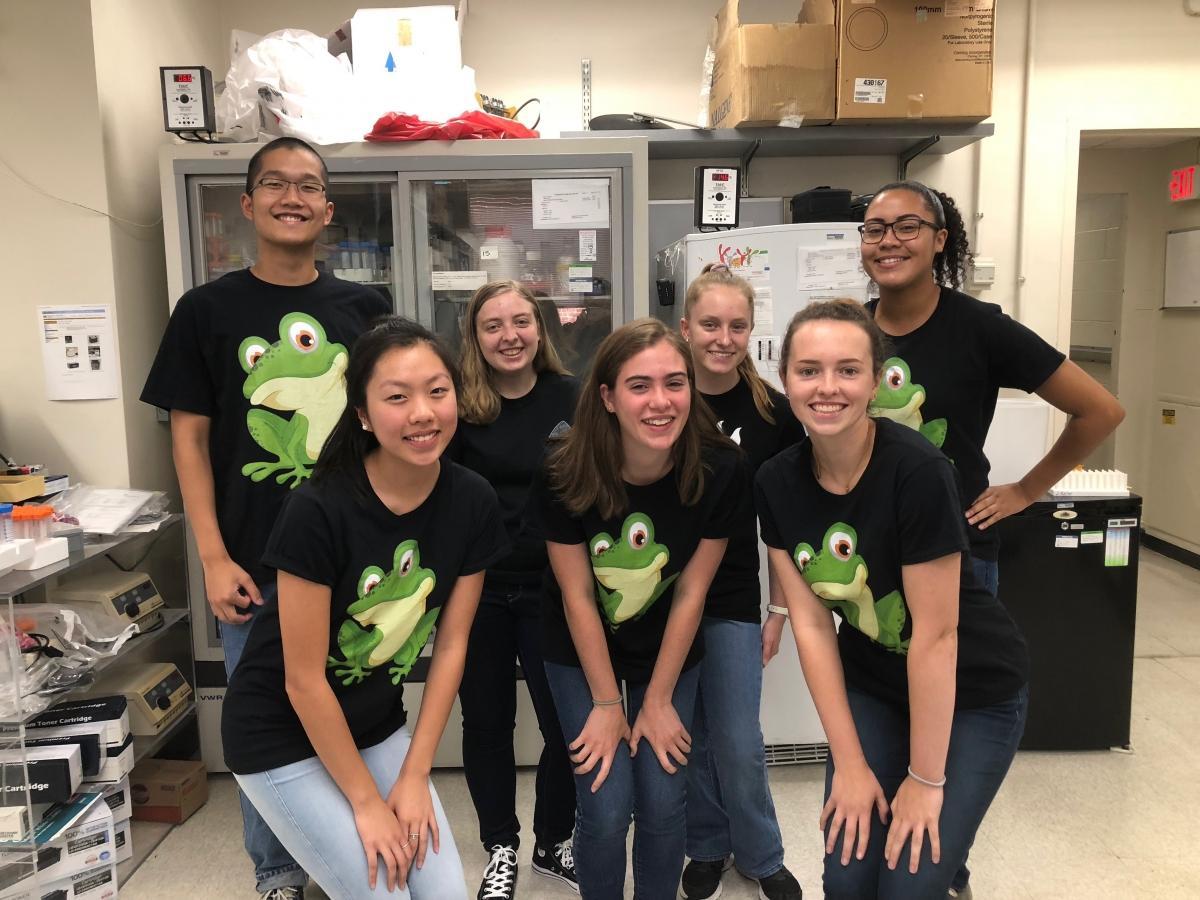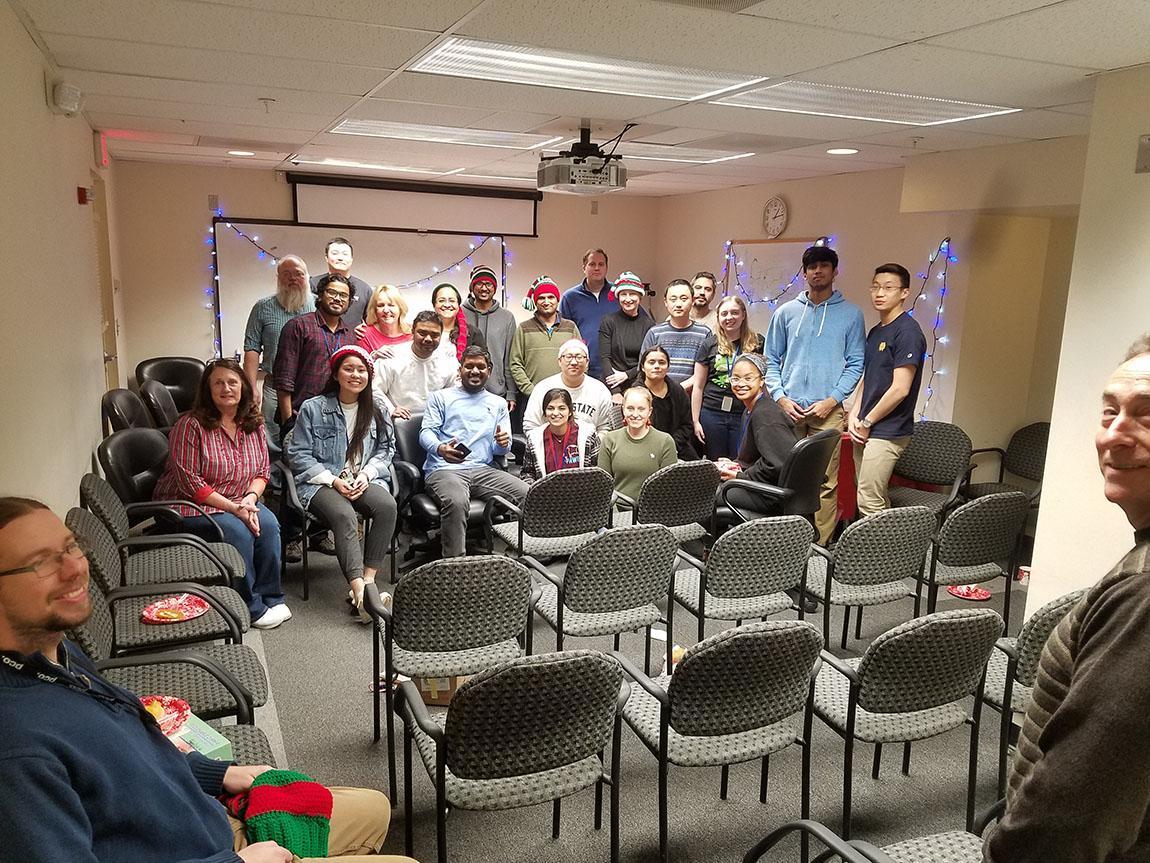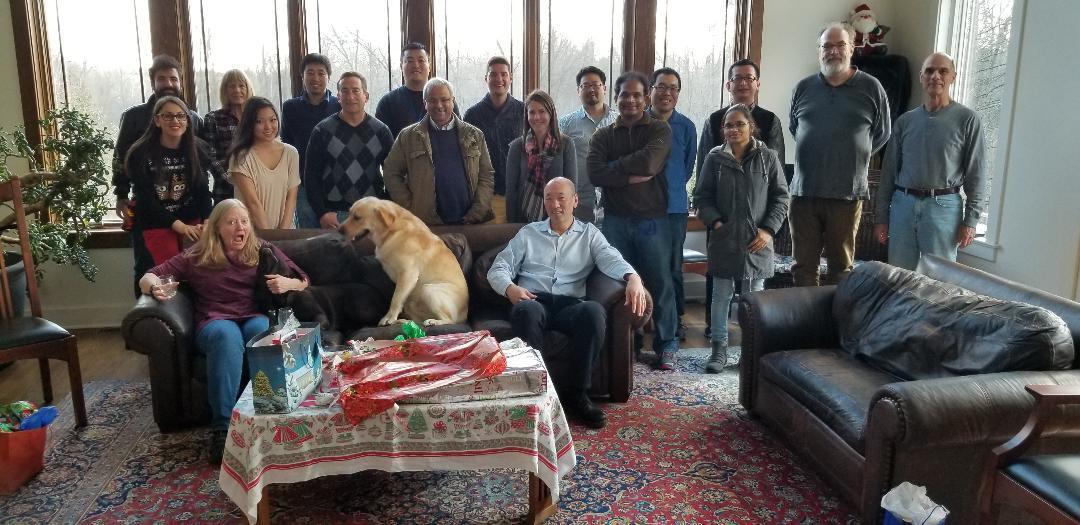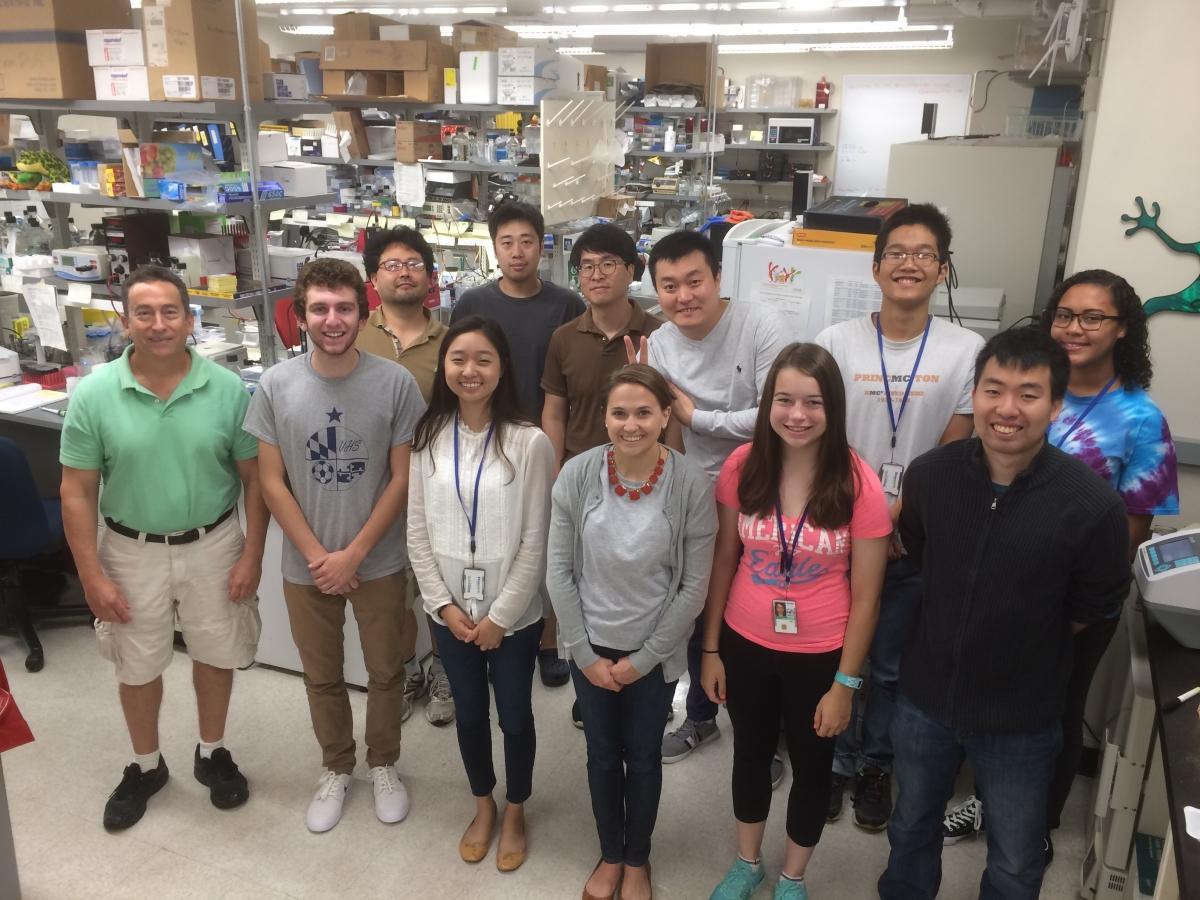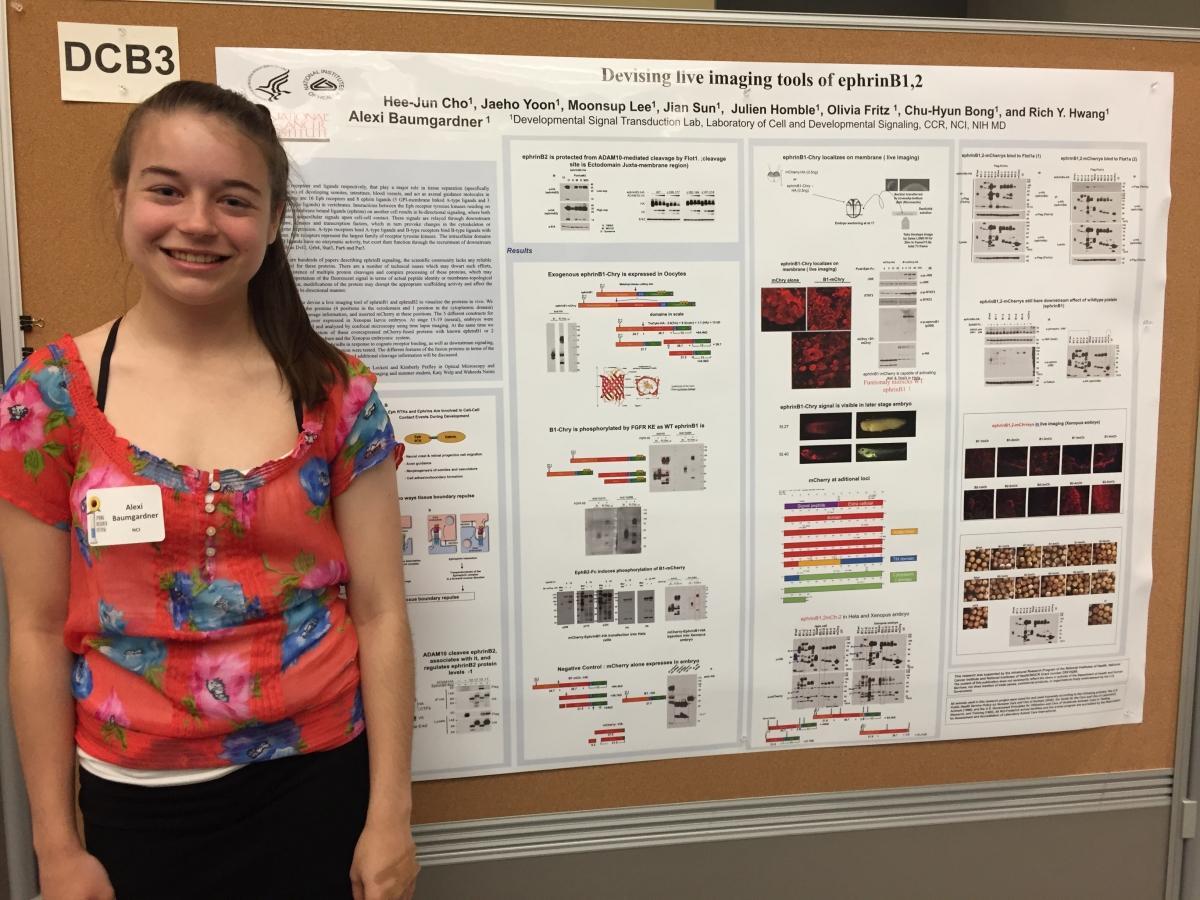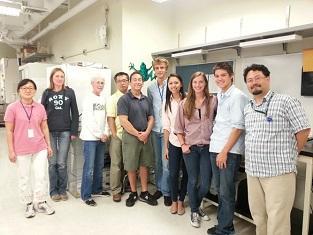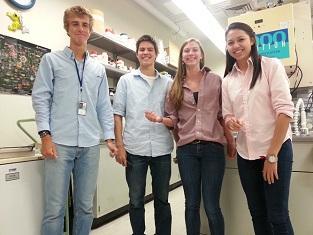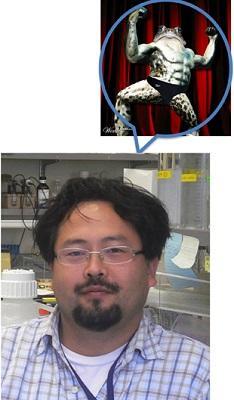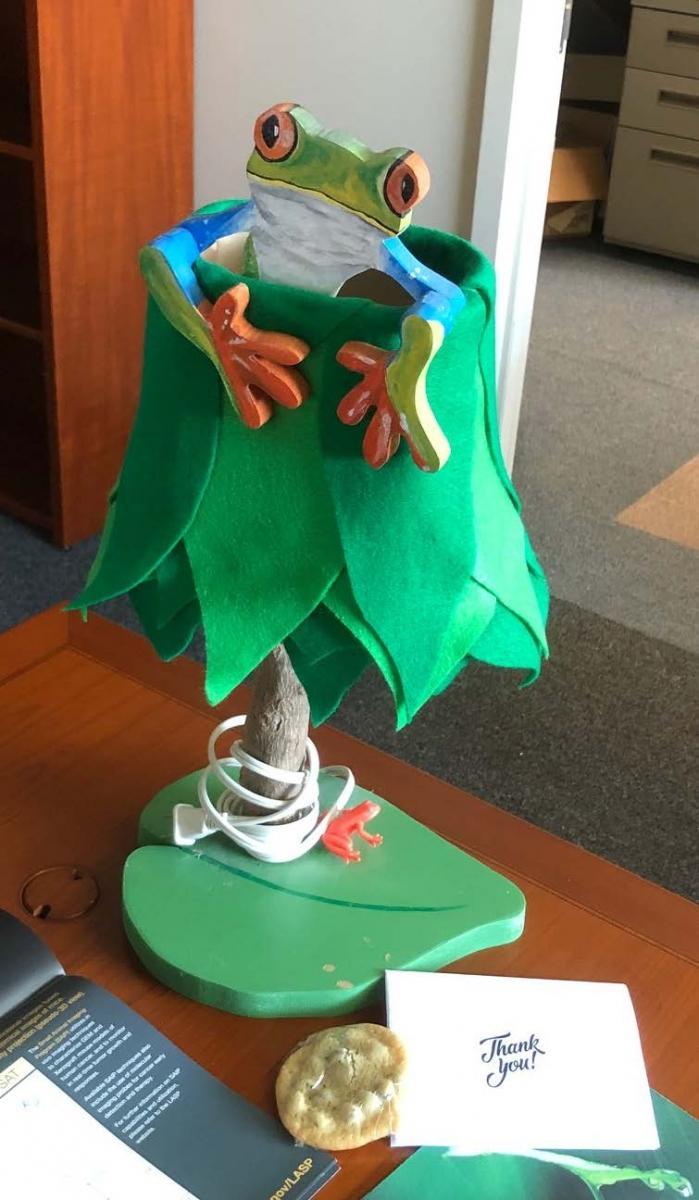
Ira O. Daar, Ph.D.
- Center for Cancer Research
- National Cancer Institute
- Building 560, Room 12-88
- Frederick, MD 21702-1201
- 301-846-1667
- daari@mail.nih.gov
RESEARCH SUMMARY
In our laboratory, we focus on the Eph/ephrin signaling system, and specifically how the ephrinB transmembrane ligands for Eph receptor tyrosine kinases send signals affecting cell-cell junctions and cell movement. This signaling intersects with the Wnt/PCP (Planar Cell Polarity) pathway to affect morphogenesis during development and has been shown to play an instructive role in angiogenesis, as well as tumor cell invasion.
Areas of Expertise

Ira O. Daar, Ph.D.
Research
Developmental Signal Transduction
Cell-cell adhesion maintains intercellular connections between neighboring epithelial cells for normal morphogenetic movements during development. Disruption of this critical process is also one of the earliest steps in metastatic progression of cancer cells. Our laboratory has focused on providing mechanistic insights into how the Eph/ephrin signaling system affects cell-cell interactions; specifically, how the ephrinB transmembrane ligands send signals affecting cell-cell junctions, adhesion, and cell movement. This signaling affects morphogenesis during development, as well as tumor cell invasion in the disease state. We often employ the Xenopus system since we have found it to be a powerful tool for understanding the contribution of several signaling molecules to developmental and cellular processes. Thus, Eph/ephrin and Wnt/Planar Cell Polarity signal transduction can be assessed morphologically, histologically, as well as biochemically in a developing vertebrate. Although the bidirectional signaling between ephrinBs and their receptors is quite complex, it is clear that control of the expression and interplay between these proteins may have important effects on malignant transformation and metastatic progression. Our future direction is aimed toward a mechanistic understanding of the cross-talk between the Wnt and Eph/Ephrin systems; using an interdisciplinary approach to research by integrating the use of biochemical and developmental techniques to further our studies.
Publications
- Bibliography Link
- View Dr. Daar's PubMed Summary.
Biography

Ira O. Daar, Ph.D.
Dr. Ira Daar obtained his Ph.D. degree from the State University of New York at Buffalo under the supervision of Dr. Lynne Maquat. There he investigated the molecular defects underlying common glycolytic enzyme deficiencies, and performed some of the earliest studies on nonsense- mediated mRNA decay. He obtained his postdoctoral training with Dr. George Vande Woude at NCI, investigating signal transduction events and cell cycle control points influenced by oncogene function. His present work focuses on signal transduction pathways that regulate cell-cell adhesion and cell movement.
Job Vacancies
We have no open positions in our group at this time, please check back later.
To see all available positions at CCR, take a look at our Careers page. You can also subscribe to receive CCR's latest job and training opportunities in your inbox.
Team
News
|
Congratulations to Jaeho Yoon and crew for publishing another beautiful story in Nature Communications! Yoon J*, Sun J, Lee M, Hwang YS, Daar IO* 2023. https://www.nature.com/articles/s41467-023-35991-6 Further Congrats on the paper "Wnt4 and ephrinB2 instruct apical constriction via Dishevelled and non-canonical signaling" being selected to be highlighted in the Editors' Choice section of Science Signaling, a weekly journal from the publisher of Science magazine. A link to the summary of your article is below: |
Alumni
Lab Life
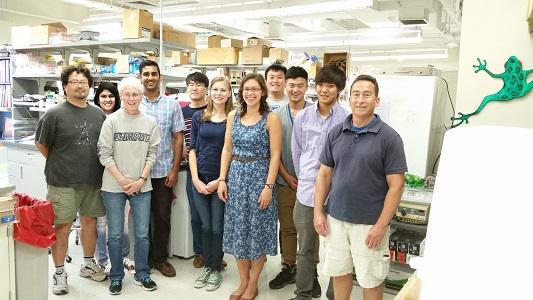
The Daar Lab Team 2015 - (L-R): Rich Hwang (Staff Scientist), Katchya Acharya (Summer Student), Kathy Soria (Lab Tech), Dili Sundaramoorthy (Postbac), Moonsup Lee (Postdoc), Jillian Kunze (High School Intern), Claire Scott (Summer Student), Jaeho Yoon (Postdoc), Daniel Yoon (High School Intern -no relation to Jaeho), Chu Bong (Summer Student), Ira Daar (Principal Investigator)

